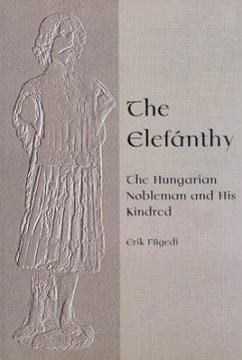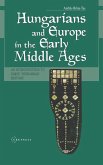In an exploration of the life and customs of the Hungarian nobility, this book compares historical reality and legal literature with the example of one noble kindred the Elefanthy of northern Hungary (present-day Slovakia). The book begins by outlining the customary laws regarding noble status, inheritance and marriage, as summarized in the famous tripartitus of Stephen Werboczy (1514). The author then compares these norms with the documentary evidence and establishes that the legal literature differs in regard to social mobility and kindred solidarity. With this in mind, the fate of the Elefanthy family is traced through several generations, enabling the author to draw conclusions about the inheritance, the rise and fall of various branches, marriage strategies, and the 'survival skills' of the kindred. In his summary Fugedi outlines some of the major avenues for further research, including the peculiar Hungarian form of retainership (familiaritas), and the relationships between noble families and between the nobility and local communities.
Bitte wählen Sie Ihr Anliegen aus.
Rechnungen
Retourenschein anfordern
Bestellstatus
Storno








